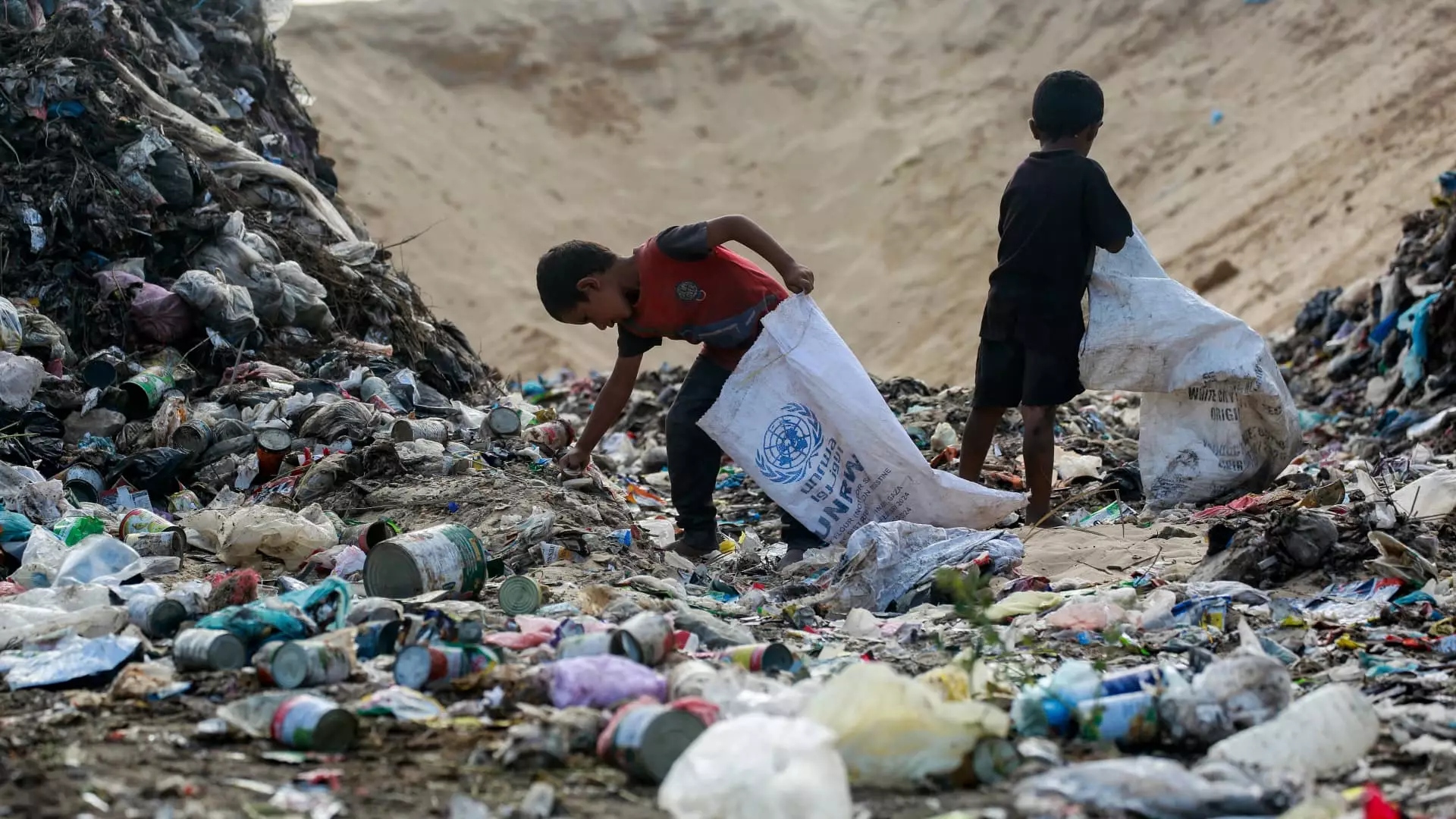In recent weeks, Gaza has witnessed an alarming escalation in violence and humanitarian distress, culminating in an urgent response from the Biden administration. Following the devastating Hamas attack on Israel on October 7, 2023, which resulted in significant casualties, the situation has spiraled further, leading to more than 42,000 reported deaths in Gaza, according to its Ministry of Health. This escalating crisis underscores the complexity of U.S. foreign policy in the region, particularly regarding military assistance to Israel amidst an increasing outcry for humanitarian aid.
The Biden administration’s recent communication to Israeli officials has signified a notable shift in its approach to military aid. In a letter sent to Israeli leaders, U.S. Secretary of State Antony Blinken and Defense Secretary Lloyd Austin indicated that if the humanitarian situation within Gaza does not improve in the next 30 days, the U.S. may consider restricting military assistance to Israel. This warning is not merely rhetorical; it represents the growing pressure from various constituencies within the U.S. advocating for a more humanitarian-focused foreign policy.
There is a palpable tension between U.S. strategic interests in the region and the moral imperative to address the humanitarian crisis affecting millions of Palestinians in Gaza. This sentiment has been echoed by progressive voices within the Democratic Party and advocacy organizations, which have demanded that the administration leverage military funding to ensure that Israel halts its military operations, thereby facilitating humanitarian assistance.
Despite ongoing military support to Israel, including the recent provision of an advanced missile defense system and troop deployment amid rising tensions with Lebanon and Iran, concerns regarding the humanitarian fears in Gaza have been increasingly vocal. U.S. officials have acknowledged that the continuous assessment of Israel’s actions is crucial and that if Israel impedes U.S. humanitarian aid transports, it could result in significant policy shifts regarding military financing. This duality—providing military assistance while simultaneously advocating for humanitarian aid—highlights the complexity and contradictions inherent in U.S. policy.
The State Department has been clear about its concerns, with spokesperson Matt Miller indicating that the Biden administration has been engaged in ongoing discussions with Israeli officials about the reduced humanitarian assistance reaching Gaza. Yet, Miller’s assertion that the administration has not seen sufficient remedies to the humanitarian crisis raises questions about the effectiveness of U.S. diplomatic measures.
Advocacy groups have been crucial in shaping the discussion around U.S. military support for Israel. Organizations such as Oxfam and Medical Aid for Palestinians have called for global intervention to cease Israel’s military offensive against Gaza, flagging dire humanitarian conditions. The collective voices of these organizations have placed considerable pressure on the Biden administration to rethink its aid strategy to Israel, demanding that humanitarian concerns take precedence over military alliances.
The involvement of activist groups, particularly those aligned with progressive Democrats, has further complicated the narrative around military aid and humanitarian advocacy. Statements from figures within these groups claim that the administration’s recent message signals a growing recognition of the American public’s dissent regarding U.S. support for Israeli military actions. With a significant portion of American Jews reportedly favoring a more humanitarian approach, the administration finds itself at a crossroads, where public opinion could dictate foreign policy decisions.
The ongoing crisis in Gaza and the Biden administration’s warnings to Israel mark a pivotal moment in U.S. foreign policy. The delicate balancing act between supporting a key ally and addressing grave humanitarian concerns represents a profound challenge. As the situation continues to evolve, the pressure to adjust military aid in favor of facilitating humanitarian assistance will likely grow. The effectiveness of U.S. diplomacy and its commitment to humanitarian principles will be tested as the administration navigates this tumultuous landscape, ultimately shaping the future of its foreign policy in the Middle East.


Leave a Reply